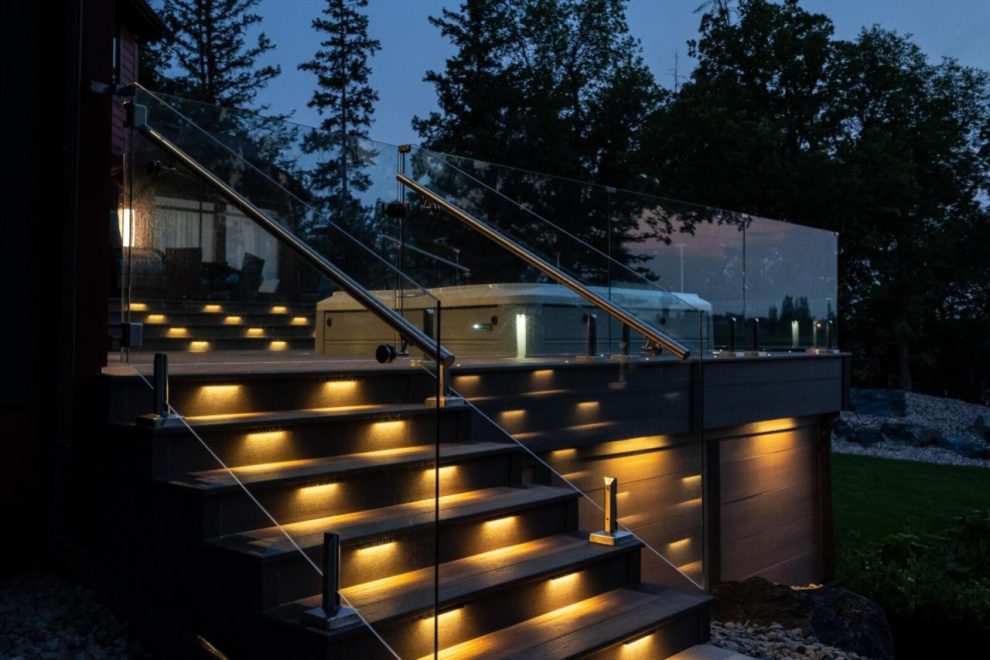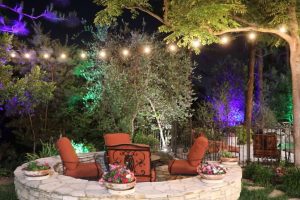Outdoor lighting design is an art form that transcends mere illumination; it’s the orchestration of light and shadow to sculpt a captivating ambiance in your outdoor space. Thoughtful design and strategic placement of lights can transform your outdoor oasis into an enchanting retreat. Here’s a guide to mastering the art of outdoor lighting design:
1. Understand Your Space: Begin by understanding the layout and features of your outdoor area. Identify focal points, pathways, architectural elements, and landscaping details that warrant attention.
2. Establish Goals: Define the objectives of your lighting design. Whether it’s creating a cozy entertainment area, enhancing security, or accentuating specific features, establishing goals guides your design process.
3. Layered Lighting Approach: Utilize a layered lighting technique that incorporates ambient, task, and accent lighting. Layering creates depth, highlights specific areas, and sets the ambiance for different activities.
4. Highlight Focal Points: Direct attention to key focal points, such as trees, sculptures, or water features, with well-placed lights. Highlighting these elements adds drama and visual interest to your landscape.
5. Balance and Symmetry: Ensure balance and symmetry in your lighting design. Distribute light evenly across the space to create a harmonious and visually pleasing atmosphere.
6. Consider Different Angles: Experiment with different lighting angles. Play with up-lighting, down-lighting, or side-lighting to create depth, shadows, and unique effects on surfaces.
7. Integrate Natural Elements: Integrate lighting seamlessly with natural elements. Conceal fixtures within foliage or use organic shapes to merge lighting seamlessly with the environment.
8. Opt for Energy-Efficient Solutions: Choose energy-efficient lighting options such as LED or solar-powered fixtures. These options reduce energy consumption while providing longevity and sustainability.
9. Enhance Architectural Features: Illuminate architectural elements of your home or outdoor structures. Light fixtures can accentuate the beauty of architectural design, adding elegance to your outdoor space.
10. Create Zones: Designate different zones within your outdoor area and tailor lighting accordingly. Zones for dining, relaxation, pathways, or entertainment can have varying lighting needs.
11. Dimmers and Controls: Incorporate dimmers and lighting controls for flexibility. Adjusting light levels allows you to create different moods and ambiance for various occasions.
12. Experiment and Refine: Don’t be afraid to experiment with different lighting placements and effects. Regularly refine and adjust your design to achieve the desired ambiance.
Mastering the art of outdoor lighting design is a journey of creativity and innovation. By applying these principles and techniques, you can craft a captivating ambiance that transforms your outdoor space into a haven of beauty and tranquility.










Add Comment